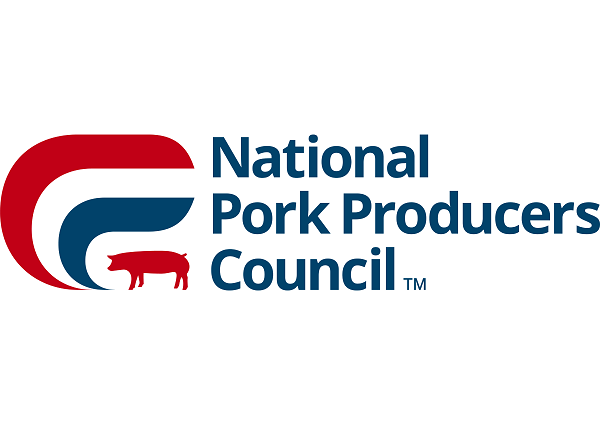

What happened: The U.S. Supreme Court last week heard oral arguments that could dramatically reshape the landscape of how federal regulations are promulgated and interpreted. NPPC joined other agricultural organizations and business groups in submitting a friend-of-the-court brief in this pivotal case.
The case revolves around an interpretation by the National Marine Fisheries Service (NMFS) of a law affecting commercial fishing – specifically, whether herring fishermen are required to pay for the federal monitors on their boats. The U.S. Court of Appeals for the District of Columbia Circuit sided with NMFS, citing the 1984 Supreme Court case, that granted deference to agencies’ interpretation of statutes – the so-called Chevron deference.
NPPC’s take: In their brief, NPPC and the other organizations urged the high court to overrule the Chevron decision, as it “puts a heavy thumb on the scale on the side of agencies when a less constrained judicial inquiry would favor” those challenging a law’s interpretation. “Chevron incentivizes a finding of statutory ambiguity, rather than a deep inquiry into the meaning of statutory language.”
Why it matters: Chevron deference has been the foundation of the dramatic growth in federal regulations and the transfer of near unlimited power to unelected federal bureaucrats that has taken place over the last 40 years. In the brief, NPPC and its partners argue that the judicially created “Chevron deference” rule allows agencies and courts to avoid having to do their job and instead gives federal agencies carte blanche to take whatever action bureaucrats desire, rather than what Congress may have reasonably intended.




